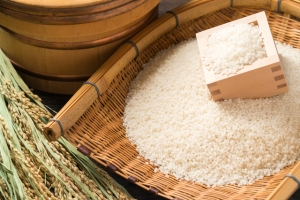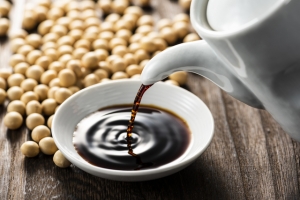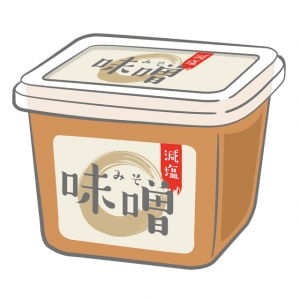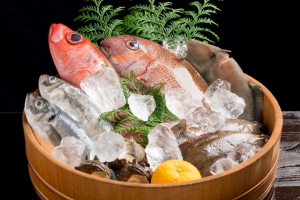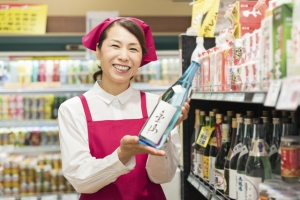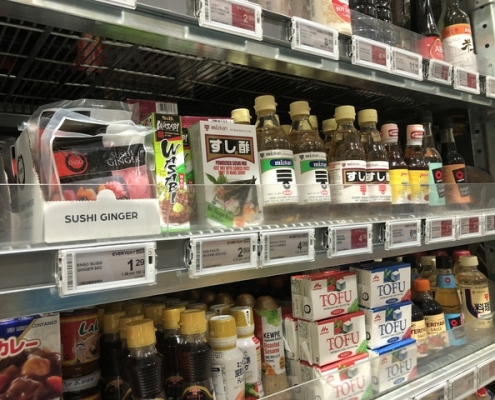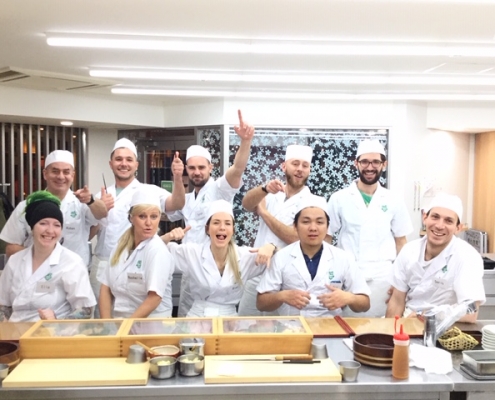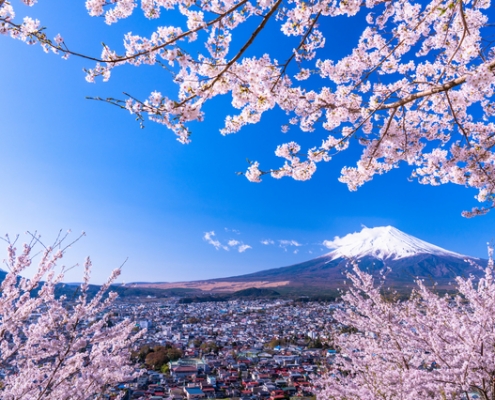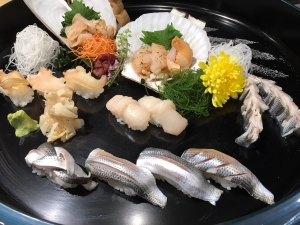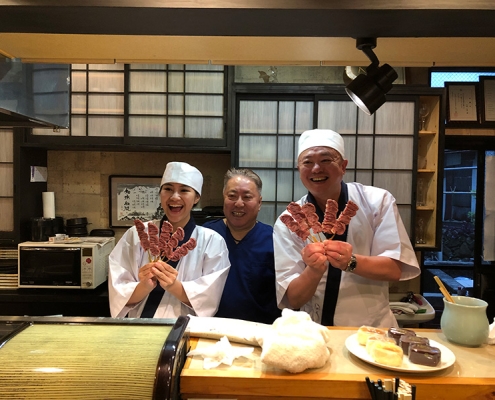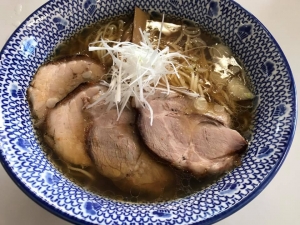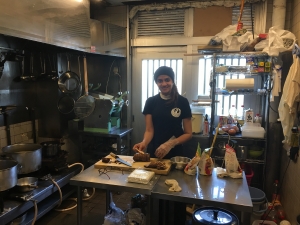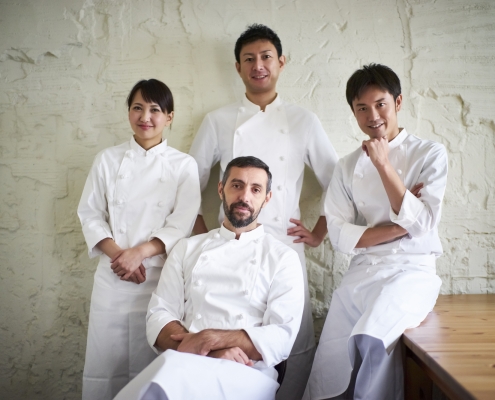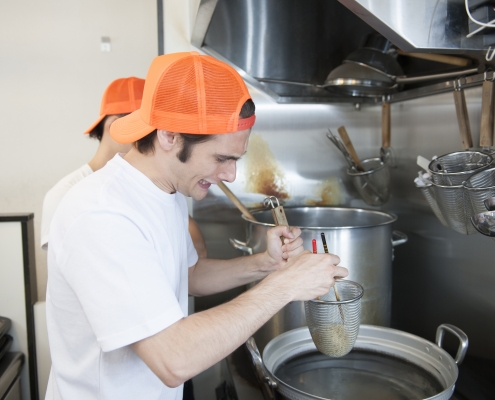Japanese grocery stores and ingredient suppliers in Australia
October 21st 2020 Updated
This page is for food lovers and professional chefs in Australia that are looking for Japanese cooking supplies.
Rice
In Australia, most of the commercial rice used in Japanese restaurants is Japanese rice grown in the United States, but locally produced medium-grain rice can also be found.
There’s a high demand for wash-free rice, especially in restaurants, as this reduces labor costs and water usage
Japanese rice grown in Japan can sometimes be found in high-end restaurants, and you can usually buy it in the Japanese grocery stores.
Soy sauce
In Australia there are many Asian immigrants, and soy sauces from their respective countries are readily available, however, Kikkoman soy sauce produced in Singapore accounts for about 31% of the market share based on sales.
If you go to a Japanese grocery store, you can find a variety of soy sauces including Kikkoman. As health consciousness increases, Tamari soy sauce, made entirely from soybeans, is also growing in popularity.
Miso
You can get Japanese miso at the Japanese grocery stores. You can also buy Korean miso at Korean grocery stores.
Seafood
Bluefin tuna are caught in the Indian Ocean near Australia, and yellowfin tuna and bigeye tuna are caught on the east coast. Seafood often used in Japanese sushi, such as rockfish, horse mackerel, sardines, mackerel, bonito, halfbeak, filefish, squid, and Japanese flying squid etc. are all caught and available in Australia. In fact, salmon from Tasmania is quite famous.
In Australia, where fresh seafood is readily available locally, it’s not necessary to rely on imports, rather, you can examine the cost and quality of the seafood and decide what should be purchased locally and what should be imported.
Alcohol
Junmai-shu (sake without added alcohol or sugar) is considered the same as wine and can be imported without quarantine restrictions, so tariffs are zero and imports are easy. However, Junmai-shu is still subject to the Wine Equalization Tax (WET = 29% of wholesale or import prices.)
Alcoholic beverages other than Junmai-shu such as shochu, whiskey and brewed sake to which alcohol has been added, are subject to liquor tax, therefore retail prices are high and imports are few.
Most of the sake sold in Australia is made in Japan, but there is also some “Gekkeikan” sake produced in the United States, as well as sake produced in Thailand and Europe. There is also an Austrian sake brand called “Go-Shu” from Sun Masamune, which has a full-fledged sake brewery in Penrith, western Sydney.
At the liquor shops you find next to large supermarkets, there are only one or two types of sake available, so I recommend contacting a Japanese grocery store or Japanese food supplier when purchasing sake.
List of Japanese grocery stores and ingredient suppliers
Below is a list of Japanese food importers who wholesale to supermarkets and restaurants, as well as supermarkets that sell Japanese food to the general public.
This list consists of vendors frequently used by Japanese in your country. (Some shops carry not only Japanese cooking supplies but also kitchen ware)
Shop 27, Northbridge Plaza, 79-113 Sailors Bay Road, Northbridge, NSW 2063
https://www.junpacific.com/tokyomart/
Unit3 26-32 Kent Road, Mascot NSW 2020
https://www.jtt.com.au/shop_open.htm
World Square 644 George St. Sydney NSW 2000
https://www.worldsquare.com.au/shops/miracle-asian-supermarket
located in Alderley and Tarragindi.
http://genkimart.com.au/
Brisbane Rd, Biggera Waters QLD 4216
http://genkimart.com.au/
CBD Spencer Store, Shop T303, 201 Spencer st, Melbourne, Vic 3000
http://www.crownasian.com.au/
Melbourne, Gold Coast, Brisbane, and Perth
https://www.junpacific.com/fujimartmel/
http://thanksmart.businesscatalyst.com/
Sydney, Brisbane, Gold Coast, Perth, Melbourne, Adelaide and Canberra.
http://www.jfcaustralia.com.au/
Melbourne, Sydney, Canberra, Brisbane, Gold Coast, Perth, Adelaide and Darwin.
http://daiwafoodonline.com.au/
Sydney, Melbourne, Brisbane, Gold Coast, Adelaide, Perth and more
http://www.japansake.com.au/
Sydney, Queensland, Melbourne, and Perth
https://www.nipponfoodsupplies.com.au/
Brisbane, Melbourne, Sydney, and Perth
https://www.wismettac.com/en/group/network/area.html
Japanese Community Website
You can find the latest information on Japanese food suppliers on the following website.
NICHIGO Press
https://nichigopress.jp/
DENGON NET Melbourne
https://www.dengonnet.net/melbourne/
JA News (The Japan Australia News)
http://www.janews.com.au/
Number of Local Japanese People
98,436 Japanese people live in Australia, as of 2018.
Number of Local Japanese Restaurants
There are about 3,400 Japanese restaurants in Oceania area includes Australia and New Zealand. (Numbers based on the report of Japan government in 2019)
For Australian People Wanting to Study Japanese Cuisine in Japan
Do you want to study Japanese cuisine in Japan one day? Chefs Wonderland, an agency for helping foreign visitors study cooking in Japan, can make all your cooking school dreams come true.
There are two main ways to study Japanese cuisine in Japan.
One way is to enroll in a culinary school.
The other is to find work at a Japanese restaurant in Japan, although this is not very easy to do.
How Many Australian People are Living in Japan?
As of 2018, there are 10,861 Australian people living in Japan.
In addition, 552,440 Australian people visited to Japan in 2018.
Study Japanese Cuisine at a Culinary School
If you want to attend a Culinary Technical College for Japanese people, you need to be able to speak fluent Japanese, but even if you can’t speak Japanese, you can study Japanese cuisine at one of the following schools that offer English courses lasting anywhere from one day to three months.
There are classes for beginners, short-term intensive courses to get a certificate, and private classes for professional chefs.
Tokyo Sushi Academy
The first and the most popular sushi school in the world.
Japan Culinary Institute
Japanese culinary training including sushi, kaiseki, yakitori, wagashi and more.
Miyajima Ramen School
More than 1,000 graduates from over 50 countries.
International Ramen School
Ramen study program combined with OJT
Study Japanese Cuisine While Working
Under the current immigration laws, foreigners have very limited opportunities to work in restaurants in Japan, you would need a working holiday visa, a spouse visas, or a type of special activity visa issued only to a few people. If you want more information on studying Japanese cuisine while working in Japan,
please see the following article.
Working Holiday in Japan
Working holiday visas are issued to Australian nationals between the ages of 18 and 25 per year. . If you can get a Working Holiday Visa, you can enjoy vacationing and working in Japan for up to one year.
If you are thinking about going on a Working Holiday to Japan, please see the following article.
Japan Working Holiday Guide – 15,000 youth get working holiday visa every year



